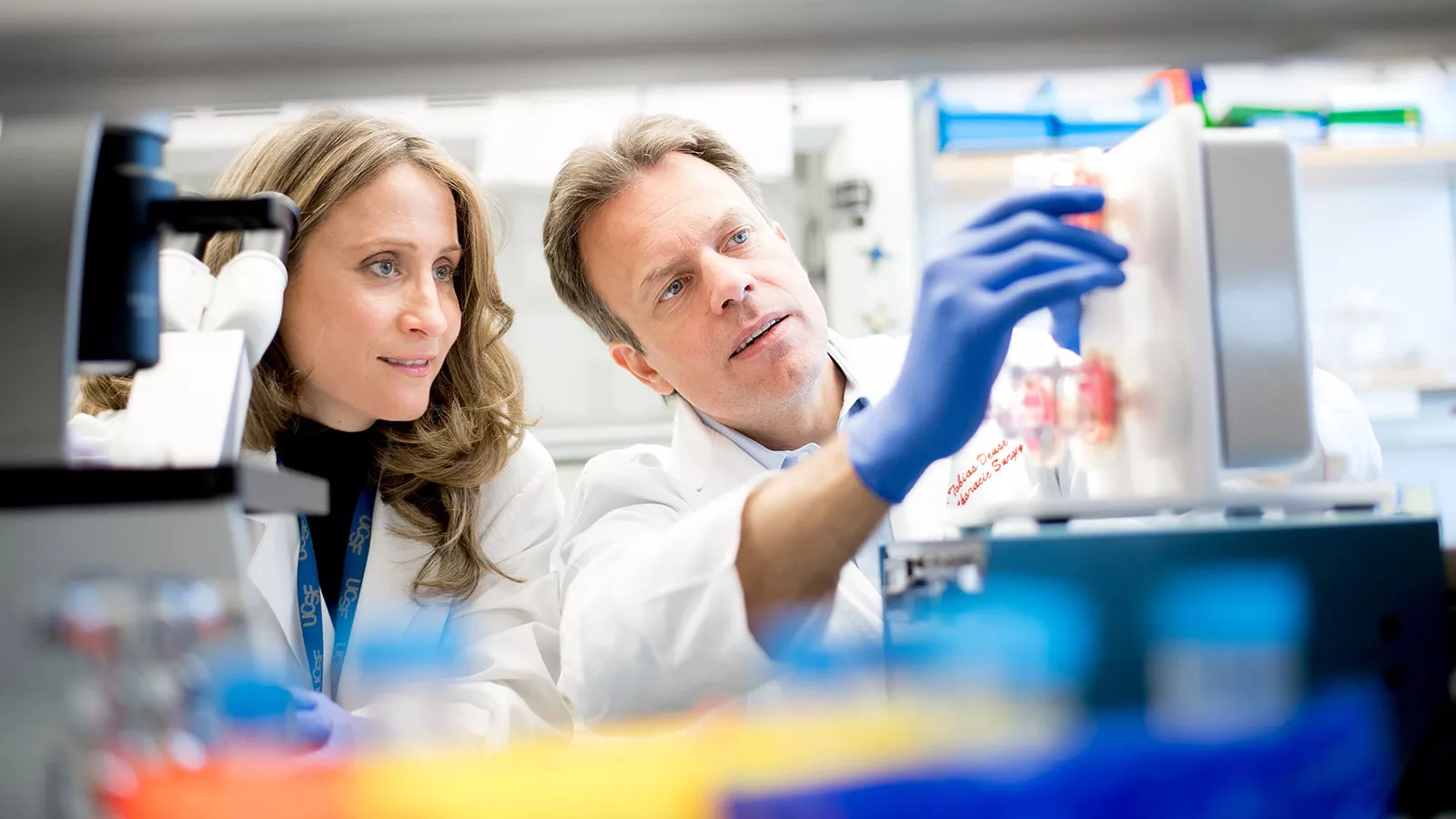Research Overview
Cardiac Biomechanics Laboratory
The Cardiac Biomechanics Lab, led by Elaine Tseng, M.D., uses the application of mechanical engineering principles in conjunction with cardiac biology, implementing this combination of research to the improvement of cardiac health, to the design and analysis of the diagnosis and/or treatment of cardiac diseases.
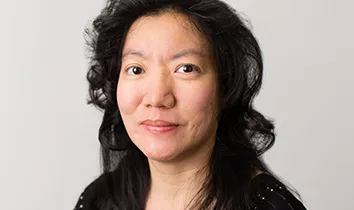
Dr. Elaine Tseng is a Professor of Surgery in the Division of Cardiac Surgery & Lung Transplantation at the UCSF Medical Center. She has a special interest in the endovascular treatment of thoracic aortic diseases, including descending thoracic aortic aneurysms, and acute and chronic type B aortic dissection. She also has a special interest in aortic valve surgery, ascending aortic and arch surgery, mitral valve repair, reoperative cardiac surgery, off-pump coronary artery bypass, and Maze procedure for atrial fibrillation.
Development of Techniques for Minimally Invasive Cardiac Surgery
Cardiovascular Monitor Design and Development
Quantitative Cardiovascular Physiology
Finite Element Analysis
Lung Transplant Research Laboratory
The Lung Transplant Research Lab, led by Jasleen Kukreja, MD., is studying predictors of primary graft dysfunction (PGD) in lung transplantation, participating in a national registry and establishing a lung transplant biobank.
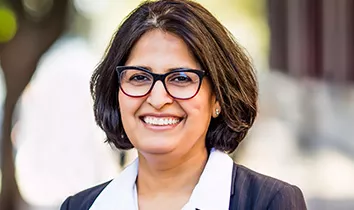
Jasleen Kukreja, M.D., MPH is a professor of surgery in the Division of Cardiac Surgery & Lung Transplantation at UCSF and Doris F. and Donald G. Fisher Distinguished Professor in Pulmonary Therapies and Science. Dr. Kukreja is also the program and surgical director of the UCSF Medical Center Lung Transplant Program and director of the adult respiratory mechanical circulatory support (ECMO) program.
Lung Transplantation
ECMO
Related Conditions: Lung Transplant| Start Date: | End Date:
Related Conditions: Lung Transplant| Start Date: | End Date:
Related Conditions: Lung Transplant, Transplants| Start Date: | End Date:
The Transplant and Stem Cell Immunobiology (TSI) Lab, led by Sonja Schrepfer, M.D., Ph.D. and Tobias Deuse, M.D., uses multiple research directions to answer complex questions about stem cell therapy, heart and lung transplantation, and cardiovascular disease. The lab focuses on the immunogenicity of allogeneic stem cells, tissues, and organs, and is interested in designing methods to prevent immunological recognition and rejection of such materials.
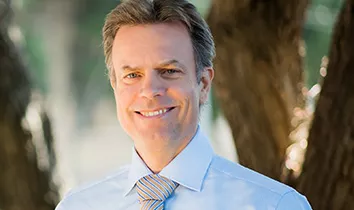
Tobias Deuse, M.D. is a cardiac and heart transplant surgeon internationally renowned for his pioneering work in the development of minimally-invasive techniques for mitral valve repair. He is the co-director of the TSI Lab at UCSF.
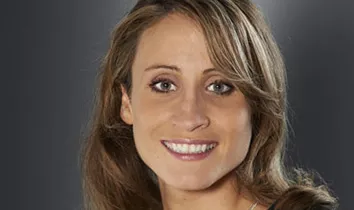
Sonja Schrepfer, M.D., Ph.D., Professor of Surgery, founded the Transplant and Stem Cell Immunobiology (TSI) Lab in 2009 in Germany. In 2016, she joined the faculty of the Department of Surgery at the University of California San Francisco. She is also the Director of the TSI Lab at UCSF.
Stem Cell Immunology
Transplant and Cardiovascular Immunobiology
Molecular & Cellular Biology
Genomic and Epigenomic profiling
Tissue engineering
Molecular Imaging Technologies
In Vitro and In Vivo studies
Vascular Biology of "mice from space"

